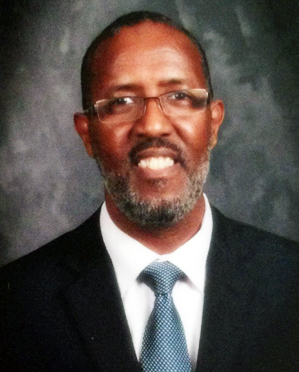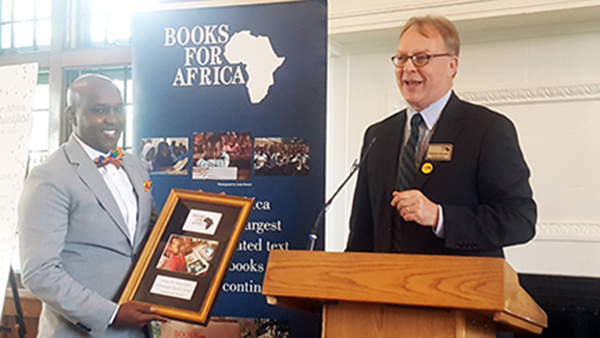SAN FRANCISCO – Ugandan finance and banking officials had a simple message Friday for citizens who gathered for the annual Ugandan North American Association conference being held in San Francisco, Calif.: “bring your money home.”
Remittances sent back to Uganda more than doubled between 2000 and 2006 from $242 million to $642 million, according to International Monetary Fund estimates. IMF researchers have speculated that hundreds of millions more are not being counted, with as much as half the money being sent to sub-Saharan nations flowing through informal channels.
But Uganda wants to get more out of that cash flow.
Ugandans have been sending their money to support “the grannies, the kids in school, the wives you left behind,” as Semakula Kiwanuka, Minister of State for Investment put it to a room full of professors, accountants, and investors.
Kiwanuka said Uganda is now aiming to leverage the wealth of its citizens abroad to strengthen its position as a regional hub for development in East Africa.
“We are stable. We have democracy,” Kiwanuka said. “So now I want to convince you to bring more of your money, and (have it be) channeled in such a manner that government can also access it in order to do those things that can’t be done individually.”
Uganda wants to securitize remittances with an initiative backed by the East African Community in May. The government hopes it can issue bonds which Ugandans abroad will buy into, and which it can then deploy for mortgage financing in the country.
“I know it has been a major challenge in terms of you guys sending money home, and maybe being ripped off,” said Stephen Kaboyo of the Bank of Uganda. “You send a thousand only two hundred is realized. This structure eliminates that shortcoming.”
This kind of cross-border banking has been helping to buoy economies in Latin America, Mexico in particular, for more than a decade.
“It works miracles, because you have on one hand, an investment, on the other hand a loan opportunity,” Kaboyo said. “I want to see hands for those who say it doesn’t look good.”
No hands were raised, instead the audience applauded.
However, several in attendance also expressed concerns about corruption and electricity shortages continuing to impede investment in Uganda.
About Amy Jeffries
Amy Jeffries has spent more time in Africa than anywhere outside her home state of Connecticut.She has been infatuated with Africa since first studying economics on the continent in the seventh grade. Later she learned to play a little djembe in high school and college. Her affection for Africa was sealed after studying abroad as an undergraduate in Zimbabwe in 2000.She has reported from South Africa and Zimbabwe and has written about Nigerian and Ethiopian immigrants in California.She is currently pursuing concurrent master's degrees in journalism and African studies at the University of California, Berkeley, and is looking forward to a life in Africa.
- Web |
- More Posts(4)






